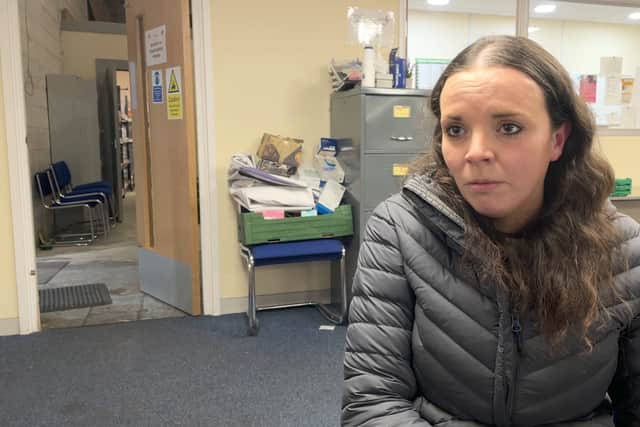Watch: We visited the most deprived area in Birmingham to find out what it’s really like to live there
and live on Freeview channel 276
The results of the 2021 census have revealed many things about the disparities between communities across the country.
Sparkbrook North has been revealed as Birmingham’s most deprived area, and I’m here to find out whether the label truly reflects what life is like here. Deprivation is classified by four different factors in the census.
Advertisement
Hide AdAdvertisement
Hide AdThe first being where any member of a household, who is not a full-time student, is either unemployed or long-term sick. The second covers levels of educational attainment.
The third dimension covers general health issues for members of the household, and the fourth covers the state of the accommodation - such as overcrowding or a lack of central heating. 59.6% of households in Birmingham are considered deprived in at least one of these dimensions.
While this is a drop from the 66.4% recorded in the 2011 census, it is still the highest proportion of all local authorities in England and Wales, and above the national average of 51.7%. This begs the question - what are the causes and what exactly can be done to help the situation?
Sophie Swaine, Volunteer Coordinator for Sparkhill Foodbank says: “It’s a very diverse area. It’s become so over recent years, It’s a high Muslim population in the area.
Advertisement
Hide AdAdvertisement
Hide Ad“It’s very densely populated. Lots of families have come from a particular community in Pakistan, so a particular part of Pakistan, and they’ve relocated. The area’s actually one of the highest in the country for HMO properties. So that’s a house of multiple occupancy.
“A lot of these properties have been used for those purposes. So that is people who’ve, you know, potentially lost any kind of family or that support - they haven’t really got support networks.
“So yeah, these people in this type of housing, which is very common in the area, are people from very poor, you know, difficult backgrounds. So I think that’s a big contributor.”


Sophie added: “I think, ultimately, we have to look at eliminating houses of multiple occupancy for one, because there are so many in the area. They are a real problem in terms of the way people are expected to live. And the people in charge of these housing associations - it’s all about making money and not thinking about the suffering of people that are in those conditions. I think that’s one huge thing that could be done in such an area. “
Comment Guidelines
National World encourages reader discussion on our stories. User feedback, insights and back-and-forth exchanges add a rich layer of context to reporting. Please review our Community Guidelines before commenting.